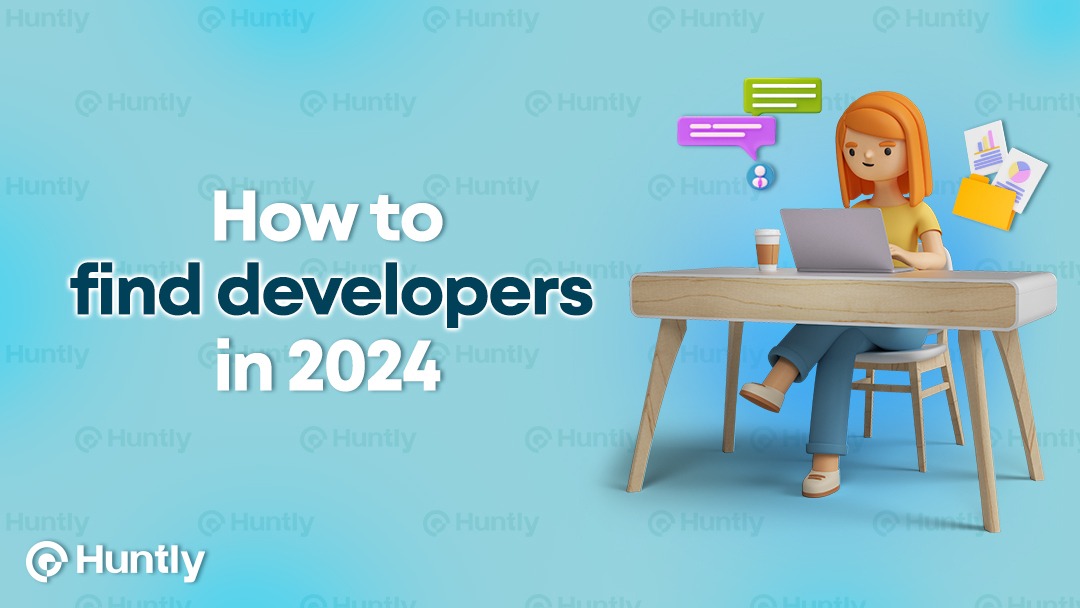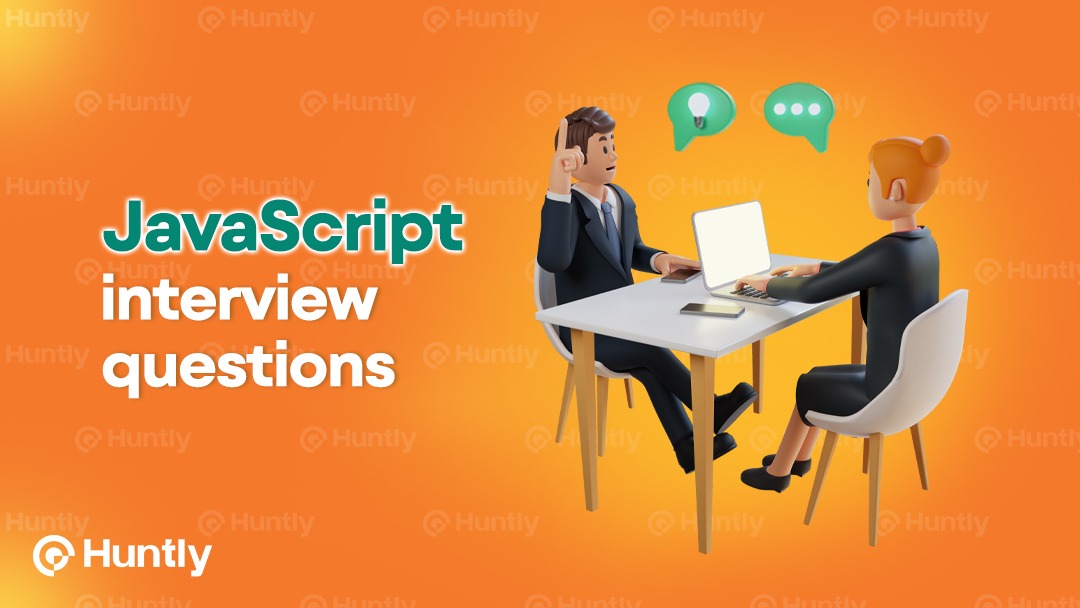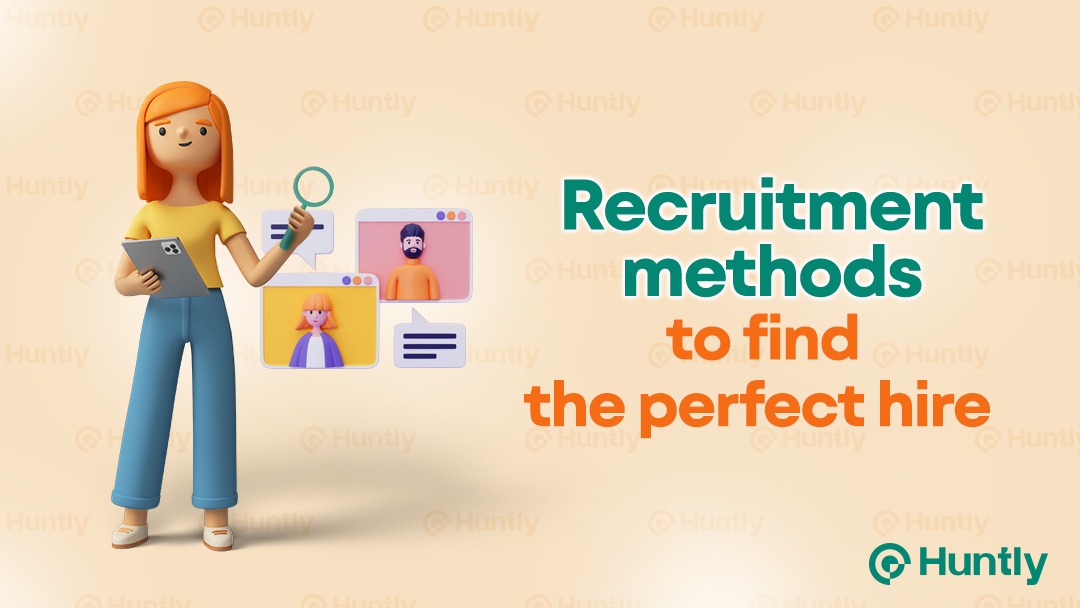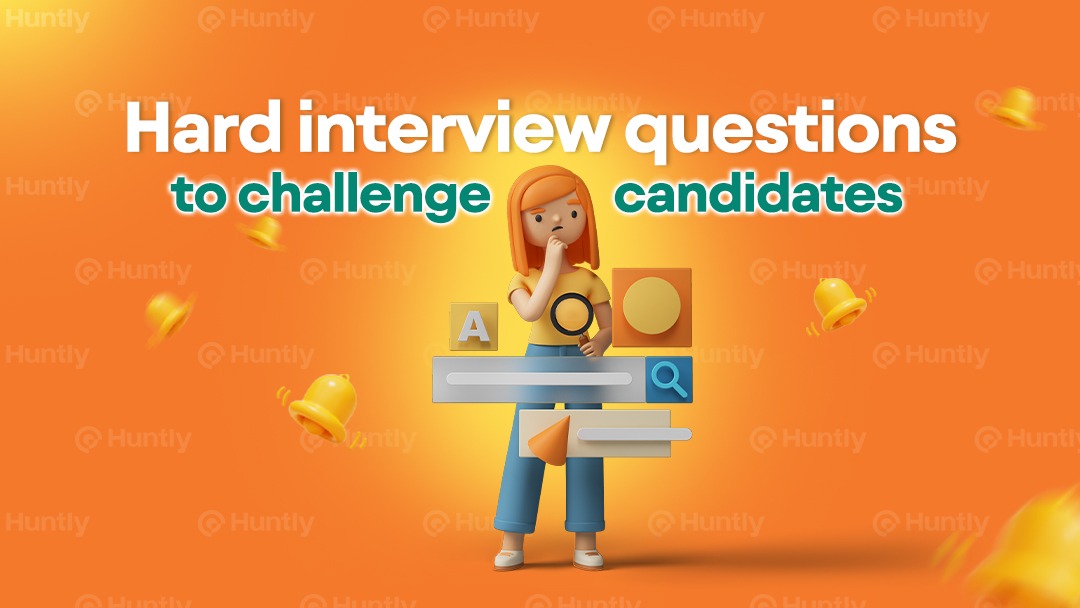The Role of Artificial Intelligence in Recruitment
According to an IBM report, one of the key factors for artificial intelligence adoption is the need to reduce costs and automate key processes, and talent acquisition isn’t an exception. There’s definitely a necessity to automate manual, repetitive, and time-consuming hiring tasks that include - but aren’t limited to - sourcing candidates, CV pre-screening, scheduling interviews, and providing feedback.
Applying recruiting AI tools can not only facilitate routine tasks but also improves overall recruiting efficiency, thanks to a number of enhancements. Let’s have a closer look at the benefits of using AI in recruitment.
Benefits of AI in Recruitment
While artificial intelligence is a rapidly evolving and not-so-perfect technology as yet, it still makes the working life of talent acquisition teams easier. Here I’ll touch upon three benefits of AI in recruitment: time efficiency, cost savings, and quality candidate matching.
Time Efficiency
The first and most obvious benefit of AI in any sphere, including recruitment, is time efficiency. Thanks to progressive computing, loads of available information, and advanced algorithms, machine learning in recruitment can process large data volumes and do numerous tasks effortlessly.
Just ponder the fact that routine tasks like sourcing and CV screening take recruiters about 30 hours per week while AI recruitment technologies can do the same job in minutes. Modern AI recruiting solutions ensure not only fast sourcing and pre-screening but also high quality of these processes. Thus, AI tools allow talent acquisition specialists to focus on hiring phases that require personalized approaches — like cultural fit interviews.
For example, thanks to contextual analysis, Huntly.ai identifies those nuanced skills along with the explicitly stated ones required for a job, thus providing clients with a quality pipeline of tech talents for their open positions. As a Leading IT Recruiter, I double-check AI generated results to provide employers with the most relevant candidates. Thanks to such a mix of technology (plus the human touch) 4 in 5 candidates referred to employers through Huntly.ai get interview invitations, and 98% of the hired candidates pass the probation period successfully.
Cost Savings
The more time your recruiters spend on filling one vacancy, the more it costs you. Thanks to the use of Generative AI in HR for hiring, you can optimize high-volume manual tasks to get the same results with fewer resources. Thus, you might need fewer TA specialists to handle your hiring duties. Alternatively, you can free up your recruiters from repetitive actions and leverage their time for tasks that require creativity and strategic thinking.
Another benefit of AI in hiring process that can helps you optimize costs is its predictive analytics. Once AI identifies the best sources to hire candidates (for example, specific job boards or communities), your talent acquisition team can allocate their recruiting efforts more effectively.
Improved Candidate Matching
Thanks to the access to thousands of candidate bases on the web, AI-driven tools can process large volumes of CVs in seconds and match them with your open position. They analyze skills and experiences stated in resumes and decide which of them best fits the job requirements. Some solutions can also use NLP (natural language processing) algorithms to analyze cover letters to additionally assess candidates’ professionalism and motivation.
All things considered, recruitment artificial intelligence software improves the hiring process in general (and its separate aspects in particular). It allows TA specialists to identify the best candidates at the initial recruitment stages and make better hiring decisions.
Common Problems with AI in Recruitment
While AI for talent acquisition is used more and more frequently, this technology certainly isn’t a panacea. For this reason, you should be aware of problems with AI in recruitment that might appear when applying it in practice.
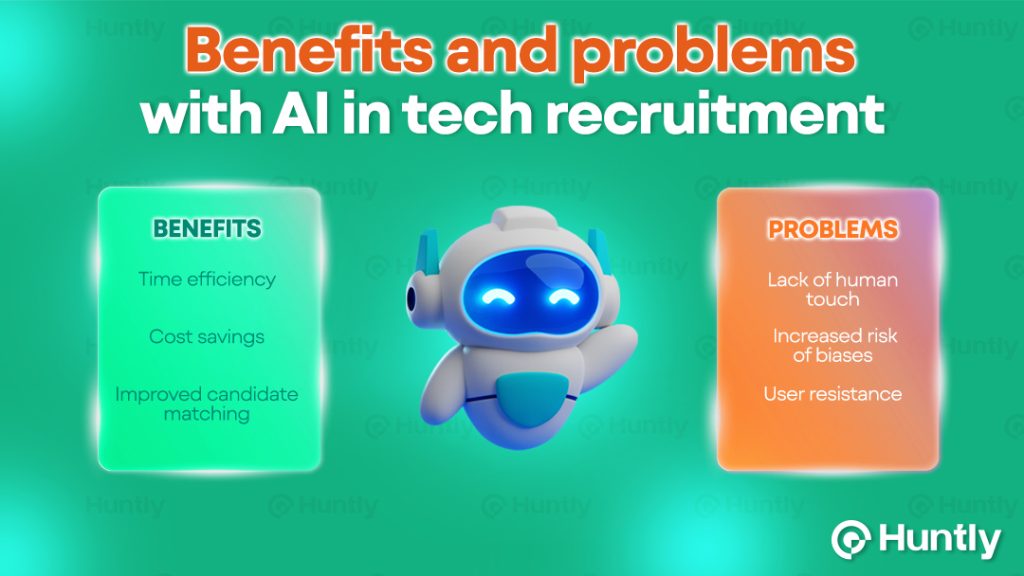
Lack of Human Touch
One can’t rely solely on AI for hiring because despite the initial idea to make artificial intelligence mimic human reasoning, it can’t substitute people in making decisions. It might handle technical tasks like matching skills in CVs with the ones in job descriptions but it doesn’t possess the critical and strategic thinking necessary to properly pick candidates for interviews. That’s why you will still have to verify the results provided by AI tools.
The situation is different with Huntly.ai though. In addition to our AI-driven CV pre-screening, we have one more layer of ensuring a candidate’s fit for a position — manual verification of every referred CV by our recruitment team. So when using Huntly AI in recruitment process, you can be assured not only regarding speed but also quality.
Increased Risk of Biases
Like in the case of critical thinking, AI tools lack emotional intelligence and work ethics so they don’t always meet your recruiting needs. Nowadays, many companies strive to create corporate cultures based on diversity, equality, and inclusion, and this is exactly what artificial intelligence can miss the target on.
One reason is that AI tools learn from the patterns they see in the systems they work with (for example, your ATS), so if your latest positions were filled with male candidates, artificial intelligence might consider that specific gender to be the core characteristic of a good candidate and can focus on specific gender — which was exactly the case of Amazon in 2015 and it’s still an issue of AI in recruitment.
This inability of AI-based programs to select candidates fairly can lead to discrimination issues that are unwanted for any business owner. Moreover, such biases could become apparent too late, significantly damaging your talent acquisition strategies. With that said, it’s important to verify every AI’s decision and put additional human effort into avoiding such situations.
User Resistance
People are often hesitant to use new approaches even if they’re helpful. Speaking about the working environment, mastering new software and integrating it into existing processes can often be long and laborious. As a result, business owners might postpone using new software, and artificial intelligence in talent acquisition isn’t an exception.
Another problem with AI tools is the belief that they threaten to substitute people because they are usually cheaper, faster, and more efficient. This belief can make recruiters resistant to using AI hire software. However, before refusing to apply AI for recruiting, keep in mind that 33% of IT processes are automated with AI to keep businesses competitive and more efficient.
Best Practices of Using Artificial Intelligence in Recruiting
Knowing the benefits and drawbacks of AI for recruiters, you can leverage this information to your advantage. Below is a list of best practices you should apply for outstanding hiring results.

Apply AI for Writing Job Descriptions
Whatever methods of recruitment you use, you should provide detailed information about an open position, skills, and experience you expect from job seekers, terms of cooperation, and benefits you provide to your employees. In other words, prepare a clear and comprehensive job description. In addition, you might want to make it unique and creative to catch the candidate’s attention.
In this case, generative AI like ChatGPT can prove to be an invaluable aide, or at least, serve as a source of inspiration.
Use AI for Candidate Sourcing and Screening
Sourcing and screening are two initial recruitment stages that significantly impact the average time to hire in tech, so it’s not surprising that AI tools are often used to optimize these processes.
To source candidates, AI software analyzes numerous job boards, social media platforms, and internal databases to identify candidates who match an open position. AI candidate screening tools then pick the potentially best candidates out of the list based on the experience, skills, and personal qualities stated in their CVs.
Use Chatbots to Improve Candidates’ Experience
The recruitment process takes up candidates’ time and effort just like those of recruiters. That’s why you should think about how to adopt AI to improve your candidates’ experience, too. It’s important since the quality recruitment process impacts your company’s reputation a lot.
Chatbots can be a great tool to keep in touch with candidates throughout all hiring stages. They can provide updates, feedback, and answer candidates’ frequently asked questions to improve their impression of your company.
Leverage AI tools during interviews
AI tools have progressed a lot and now even can assist recruiters during video interviews. When carrying out an interview with AI apps, recruiters can get deep insights into a candidate's personality and professional skills.
Thanks to the ability to spot and decipher facial expressions, body language, and different emotions, AI-powered interview tools could offer some good advice in terms of a candidate’s personal characteristics and cultural fit.
Combine AI with Human Effort
While the role of artificial intelligence in recruitment shouldn’t be underestimated, it’s still important to balance AI-generated solutions with the human touch. AI recruitment tools can save you time, costs, and the trouble of doing repetitive and boring tasks; however, you need to double-check that work if you aim at quality recruitment.
Among the vast number of AI hiring software approaches, just a few solutions leverage the power of both artificial intelligence and human touch - and Huntly.ai is just that. In addition to AI-based features that help us pre-screen candidates, our team verifies every CV to forward only the best talents to you.
All things considered, artificial intelligence has great potential to improve recruitment processes. Nevertheless, you should keep in mind that you hire people to work with other people. That’s why the human touch and personalization cannot be neglected for the sake of automation.








